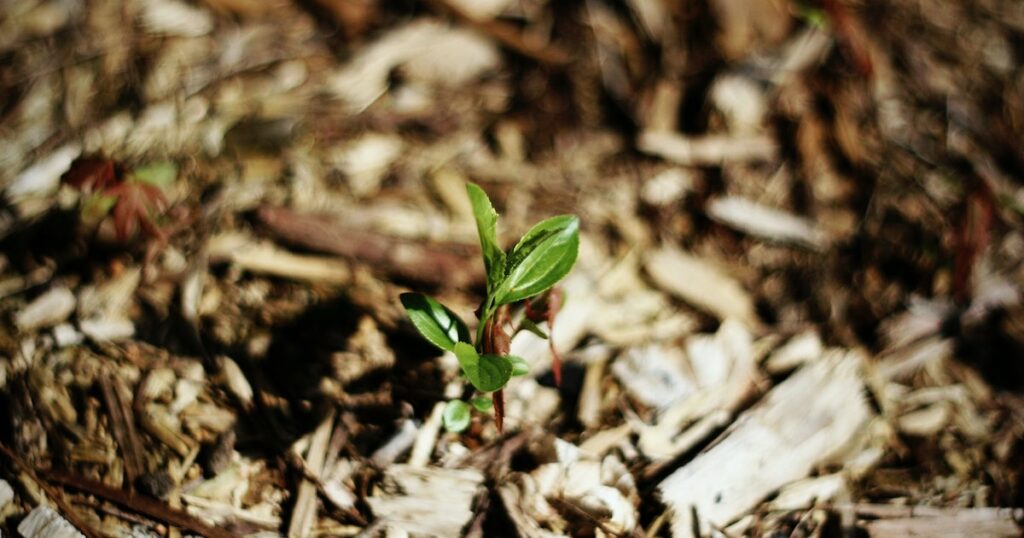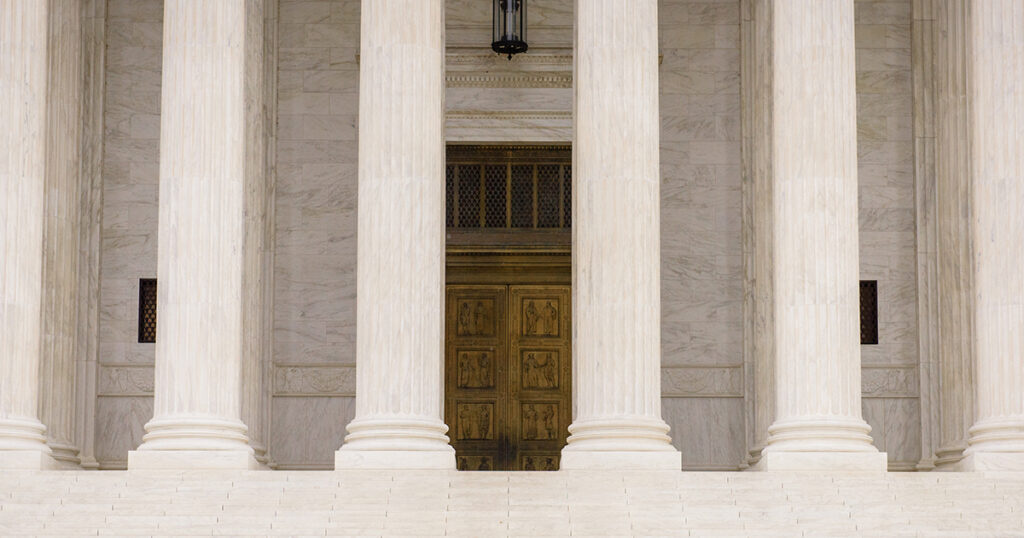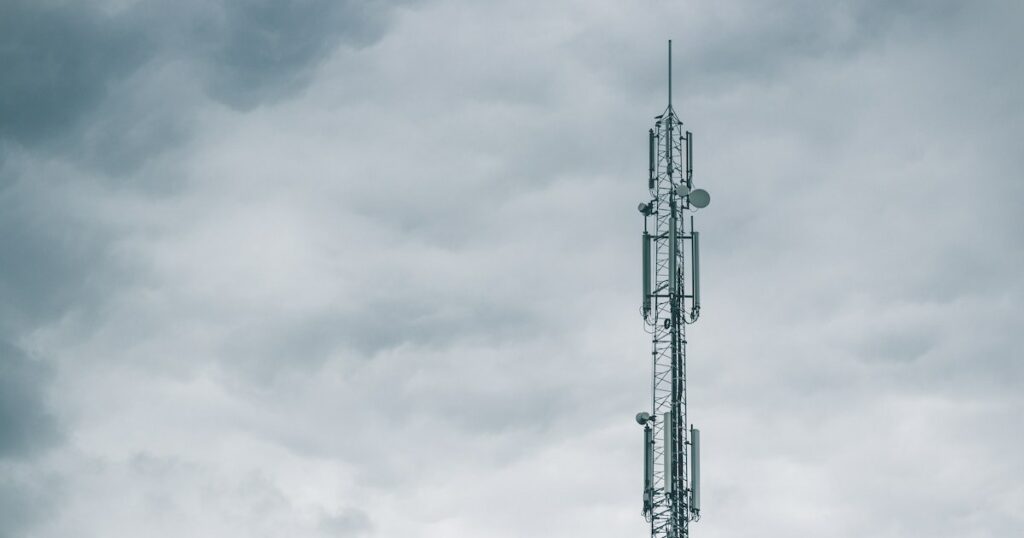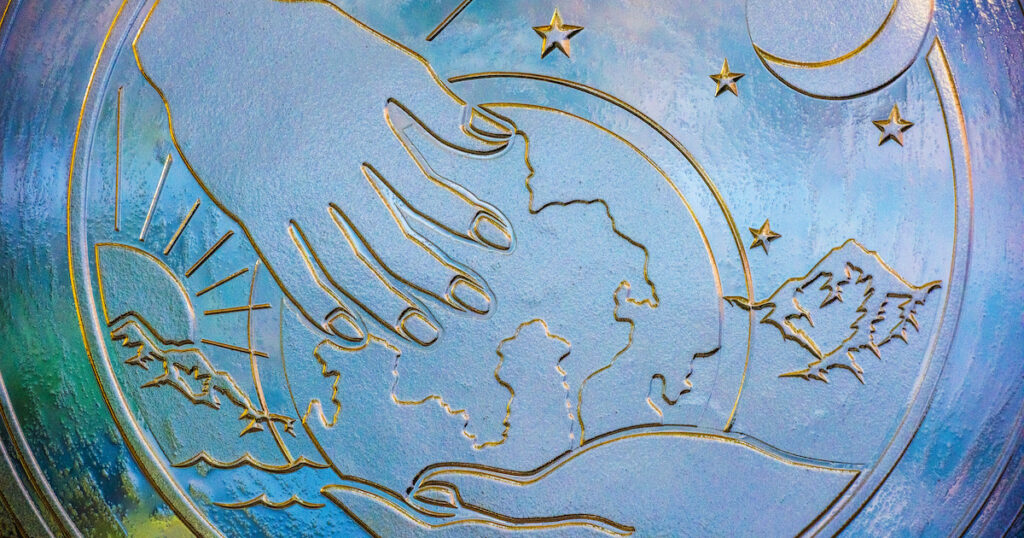Whiskers and weeds
Martin Luther once famously compared human nature to a 5 o’clock shadow. “Original sin,” he wrote, “is in us like our beard. We are shaved today and look clean; tomorrow our beard has grown again, nor does it cease growing while we remain on earth.”
Not being the sort of person who is prone to growing chin whiskers, I have never been able to appreciate this evocative metaphor quite as fully as I should. As an avid vegetable gardener, however, I’ve found that it only takes a little creative editing to turn Luther’s metaphor into one I can relate to all too well:
“Original sin is in us like [the weeds in our gardens]. [They are weeded today] and look clean; tomorrow [those pesky weeds have] grown again, nor [do they] cease growing while we remain on earth.”
Weeds rank high on the list of a gardener’s least favorite things, right up there with drought, blight, wilt, groundhogs, rabbits, parsley worms and potato beetles. (It’s a long list.) They are persistent and inexorable. Weed a row one week, and you’re pretty well guaranteed to have to do it again the next. Take even a short break from pulling weeds, and the unwelcome interlopers will completely take over, choking out desirable plants and ruining the garden (see Matt. 13).
The secret to a weed-free garden?
A fellow gardener asked me once: “What do you think is the secret to a weed-free garden?” I replied, a little coyly, “Well, based on everything I’ve observed, the secret seems to be this: an hour a day, preferably in the morning before the sun gets hot.” Like the rich young man in Matthew 19, that gardener went away sorrowful, for he had a stiff back.
My answer, as painfully honest (and also mildly facetious) as it was, still was perhaps not quite as complete as it might have been. My fellow gardener knew this, which is probably why we’re still on speaking terms today. There is one thing more that can help keep the weeds down. It doesn’t eradicate them and it won’t last forever, but it does help.
The true secret to a weed-free garden, then, is an hour a day (preferably before the sun gets hot) to clear the ground of weeds as they grow and a thick layer of mulch over the top to discourage the weeds from growing back. Straw makes a nice garden mulch; so do grass clippings, wood chips, leaf mold, even cardboard boxes or black plastic.
Of course, spreading mulch isn’t particularly pleasant, at least not the way I do it. I start by weeding the garden carefully (never fun). Then, when I’ve got the ground cleared, I take great, pungent armfuls of the stuff and painstakingly distribute them as thickly as I dare around each tender stem and up and down each row. I’ve never found a tool that makes the job any easier. Even wearing gloves usually proves an exercise in frustration — my hands get even sweatier, and bits of chaff still manage to find their way up into my cuffs. Spreading mulch is hot, grimy, tedious work, and if a passing summer thunderstorm has happened to rain on the mulch pile a day or two before I intend to use it, it is also stinky work.
Yet despite this, my annual summertime chore is worth every minute of hot, dirty, unpleasant tedium. Not only does the mulch keep the weeds down for a while, it also holds moisture and enriches the soil as the mulch breaks down.
Mulch for our souls
But what does all of this have to do with our opening metaphor about original sin?
The Lord has reclaimed His garden. Through the death and resurrection of His Son, He claimed His church from the wilderness (Isaiah 51:3). He has watered her with springs that do not fail (Isaiah 58:11). He has cleared stones from her midst, planted good seed and put a wall around her to protect her (Isaiah 5). By our Baptism into Christ’s death and resurrection, He incorporates us into His garden, His church, and we are His, now and forever.
Despite being baptized children of God, the weeds of sin still come. We pull them out, and they grow back. We weary of pulling them, and they grow yet bigger and thornier. They weaken our faith and steal our joy — and when they’ve overrun our part of the garden, they send out suckers and seeds to trouble our neighbors too.
With Paul, we cry out through the choking weeds, “Wretched man that I am! Who will deliver me from this body of death?” (Rom. 7:24).
Thanks be to God for His Word and Sacraments. These good gifts provide an abundance of rich mulch for our souls. Nurtured by the Word of God and nourished by His body and blood, we find that the weeds of sin run a little less rampant in our lives. We find, too, that the waters of our Baptism sink deep around the roots of our identity. We find that the soil around us grows ever richer and full of life and that the fruit of our faith blossoms and ripens more readily, feeding and seeding the world around us and bringing joy and honor to the Master Gardener from whom all blessings flow.
While the sun shines
This year, many of us have (spiritually and metaphorically speaking) experienced manifold maladies on the gardener’s long list of least favorite things. When churches are closed, we see the soil dry out around us as drought sets in. When our little joys in life are stripped away, we become infested with self-indulgent habits that eat away at our souls. When worries and fears crowd in around us, we feel them choking our faith, blocking out life-giving air and sunlight.
As this summer progresses, you may find your church opening. You may find it closing. You may find it opening for a time, then closing for a time, then reopening, then reclosing and so on. These are uncertain days, to be sure.
Old gardeners and farmers know all about uncertain days, and they have a saying that is as cliché as it is perennially true: Make hay while the sun shines. This small piece of ancient wisdom applies to many of the gardeners’ tasks:
Till the earth while the sun shines.
Plant seeds while the sun shines.
Harvest while the sun shines.
And also:
Spread mulch while the sun shines.
Dry, sunny days are never guaranteed. Neither, it seems, are open church doors and regular opportunities to receive God’s Word and Sacraments in the company of our fellow believers.
So, whenever the sun does shine and the church doors do open — go. Go every time you are able. Go hear and study God’s Word. Go receive Christ’s body and blood. Go encourage your fellow believers and be encouraged by them.
While the sun shines, grab every opportunity to take great, pungent armfuls from the piles of God’s grace — even if it’s hard, even if it means wearing a mask or forgoing hugs and handshakes, even if it means sitting in a hot car for an hour while your battery slowly drains — and spread that grace thickly around and over you, trusting that your soul will continue to be covered, kept and nourished even when the weeds begin to crowd in again and sunny days give way to rain.





